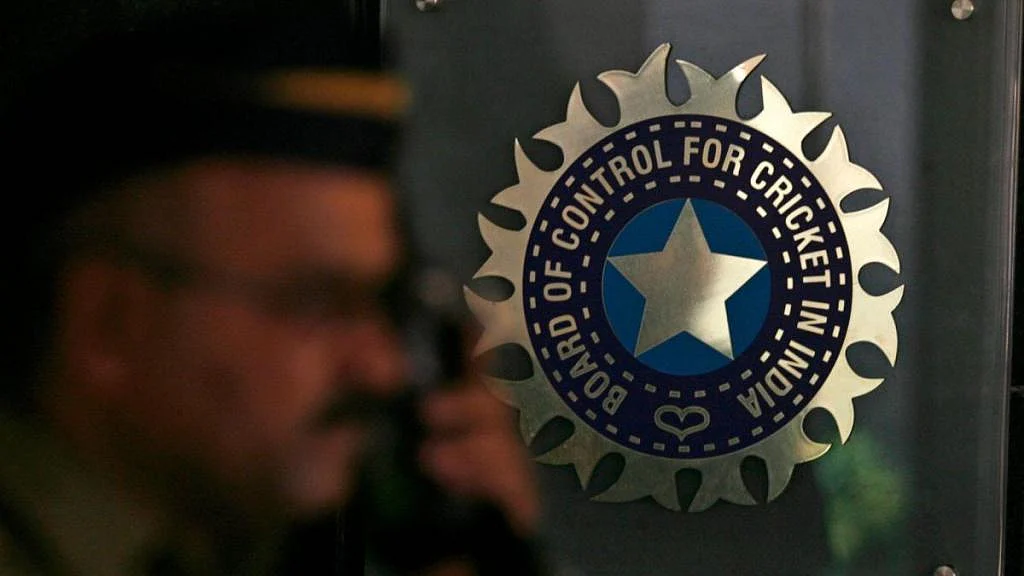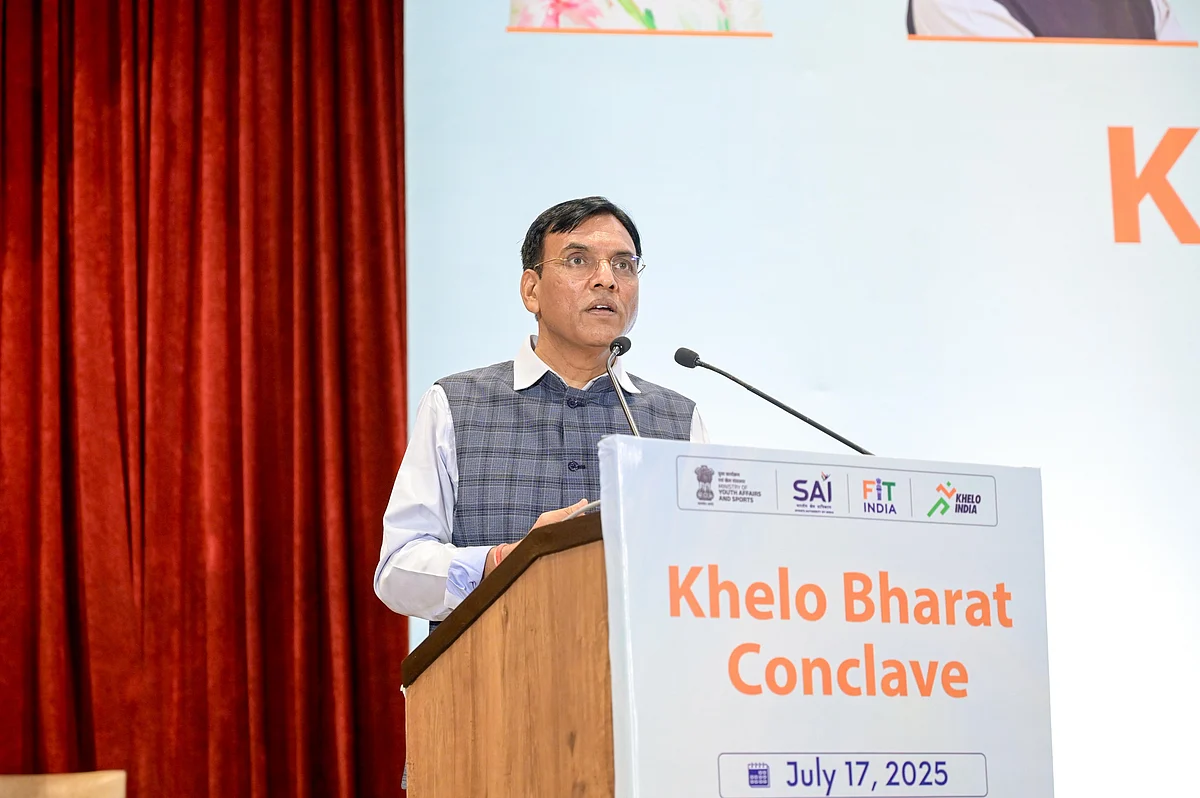Sports Bill: Will the uber-rich BCCI be ready to play ‘just another sports body’?
Cricket’s entry into the Olympics may bring it under the RTI, with a heavy dose of bureaucratic interference

The much talked about National Sports Governance Bill, tabled by union sports and youth affairs minister Dr Mansukh Mandaviya at the Parliament on Wednesday, is meant to be a gamechanger. However, the speculation for now is whether the Board of Control for Cricket in India (BCCI) — the richest administrative body in the world of cricket, with a projected total revenue of Rs 10,054 crore on its 2024-25 balance sheet — will be ready to act as just another National Sports Federation (NSF) under the ministry.
After years of maintaining its standalone status, there is now no option for the BCCI but to join the 45 National Sports Federations (NSFs), with cricket having been incorporated as an Olympic sport for the Los Angeles 2028 Games. The appeal of cricket, both for men and women, is expected to be India’s calling card in its campaign for the 2036 Olympics — but there are several unanswered questions that the BCCI has to ponder.
As an uber-rich sports body that does not have to depend on funding from the ministry, will the BCCI be ready to report to the Indian Olympic Association (IOA), the umbrella sports body of the country which is embroiled in its own mess? What happens to the longstanding grouse over the cricket board enjoying a tax exemption since it was registered under under the Tamil Nadu Societies Registration Act of 1975?
The proposed Bill also says that all disputes vis-à-vis the governance of the NSFs, including the BCCI, will be resolved by a proposed National Sports Tribunal and they will come under the purview of the Union government’s Right to Information (RTI) Act of 2005. The BCCI has long resisted RTI, citing its financial independence, and steadfastly refused to join rank with the NSFs in the past, despite sending teams for participation in the 1998 Commonwealth Games and the 2023 Asian Games, for instance — on the grounds that they don’t need government funding for training, travel or any other ancillary expenses.

“We will have to study the Bill after it’s introduced. Only then I can express my views on it,” said Rajeev Shukla, a senior vice president of the BCCI and Rajya Sabha MP of the Congress. However, a full debate in Parliament should ensue before the Bill is passed — and it will be interesting to note if cricket falls in line and can maintain its status as the first among equals.
However, some of the proposals in the Bill do suggest an overpowering degree of government control — along with the much-needed schemes to bring transparency in the sports administration of the country. The presence of senior-level bureaucrats in the National Sports Board (NSB) or the National Sports Election Panel — meant to conduct free and fair elections in the NSFs — can open up a Pandora’s Box and may be viewed as ‘third party’ interference.
Such transgressions often don’t go well with the world governing bodies like the FIFA or IOC, with both having a history of banning the AIFF and IOA.
Here's a look at some of the salient features of the Bill:
Governance
Top officials such as the president, secretary general and treasurer in sports bodies will now be allowed to serve for a maximum of three consecutive terms, or 12 years total.
The age limit is set at 70, but can be extended to 75, if required by international rules.
The executive committee of any sports body cannot have more than 15 members, and must include: at least 2 sportspersons of merit and at least 4 women members.
National Sports Board (NSB)
An all-powerful National Sports Board (NSB) will have the authority to grant or cancel recognition of any National Sports Federation (NSF) and work with international sports bodies to protect athlete interests.
The NSB will be led by a chairperson appointed by the central government and it’s members will be chosen by a selection committee that includes:
a cabinet secretary or secretary (sports);
an SAI director general;
2 experienced sports administrators;
an award-winning sportsperson (Khel Ratna, Arjuna or Dronacharya awardee)
The NSB can de-recognise the sports federations if they fail to conduct elections, show major irregularities or misuse public funds.
National Sports Tribunal
A National Sports Tribunal (NST) will be set up to handle the large number of legal cases (over 350 ongoing) in national-level sports. This body will have the powers of a civil court and will include a chairperson — who must be a Supreme Court judge or a Chief Justice of a High Court — and two other members.
Appointments will be made by the central government, based on suggestions from a committee headed by the Chief Justice of India (or a nominee selected by the CJI).
Appeals to its judgements can only be made to the Supreme Court, ensuring faster decisions.
National Sports Election Panel
This panel will be appointed by the government on NSB’s advice and include retired election officials from state or national level; ensure free and fair elections in sports bodies.
Right to Information (RTI) Act
All recognised sports bodies (NSFs) will now come under the RTI Act, 2005. They must be transparent about their function, duties and powers.
Government veto
The government will have final say in several key matters, including:
Use of national words/symbols (like “India” or “National”) needs prior approval
Power to relax rules under special conditions
Authority to direct the NSB or other entities in their proper administration
Ability to restrict national team participation in the national interest
Follow us on: Facebook, Twitter, Google News, Instagram
Join our official telegram channel (@nationalherald) and stay updated with the latest headlines
